Huawei's first HarmonyOS smartwatch looks slick and boasts strong battery life and fitness features.
The Huawei Watch line has changed dramatically since it first debuted in 2015. The first Huawei Watch (or the Huatch, as we liked to call it at the time) ran Android Wear and turned heads with its striking design. The second iteration focused on fitness tracking with a more rugged appearance. Then the Huawei Watch GT line traded smartwatch functionality for a trimmed-down OS and long battery life.
Now we have the Huawei Watch 3, which seeks to bring the best of all those earlier wearables into a single product. It's the first watch to run Huawei's HarmonyOS, a more fully-featured platform than the barebones LiteOS used in the Watch GT. Huawei is also aiming for multi-day battery life from this new model while also packing a full loadout of working and health-tracking capabilities. And to top it off, this latest Huawei Watch is the best-looking since the 2015 original.
While there are some trade-offs involved in using the very first watch in Huawei's HarmonyOS ecosystem, I've enjoyed my time with the company's latest wearable. It's a worthy successor to one of my favorite vintage smartwatches and a legitimate competitor to alternatives from Samsung and Google.
Huawei Watch 3
Bottom line: Huawei's first HarmonyOS wearable is a solid all-around smartwatch and fitness tracker that's both great-looking and long-lasting.
The Good
- Slick design
- Easy multi-day battery life
- Extensive workout features
- Smooth and responsive UI
The Bad
- Setup is trickier than it needs to be
- Limited free watch face selection
- Notifications limited compared to Wear OS
- Some early software bugs
Huawei Watch 3: Price and availability
The Huawei Watch 3 will launch on June 18 in the UK, priced £349.99, with pre-order reservations running from June 2-17. Pre-order customers will get £20 off, plus a free pair of Huawei Freebuds Pro earbuds.
Huawei will also be selling a larger (and more expensive) Huawei Watch 3 Pro, which will sell for £499.99 and launch from June 28. A similar pre-order period starting June 2-27 applies, with a £50 discount for pre-order customers and free Freebuds Pro earbuds.
The Huawei Watch 3 series will be sold directly from Huawei and via selected retail partners in the UK.
Huawei Watch 3: What you'll like
The Huawei Watch 3 pays homage to the Chinese manufacturer's original 2015 wearable, with a design that's attractive but not overstated. The stainless steel body and lugs have a fairly masculine look, but the overall aesthetic is neutral enough to work with just about any strap or outfit.
The Huawei Watch 3 unit I've been using for the past week is the 46mm model in stainless steel with a brown leather strap; it's also available in a 42mm configuration with a rubber strap. Like most modern smartwatches not made by Apple, the Watch 3 uses a standard strap, so further customizing the look shouldn't be a problem.
The centerpiece of the watch, of course, is the circular OLED display, boasting a display density of 326 pixels per inch. Its edges are slightly domed, like the Watch GT 2, making the various swipes required to get around the HarmonyOS interface feel natural and pleasant. And even in bright direct sunlight, the 1,000-nit display was always bright enough for easy visibility.
The best implementation of a digital crown outside of the Apple Watch.
Outside of internal upgrades, the biggest hardware addition this time around might be the rotating crown located around the two o'clock position. It looks similar to the Apple Watch's crown — save for the "Huawei Watch" branding engraved on its outer face — and is the best implementation of a digital crown that I've seen outside of the Apple Watch. That's largely down to the solid haptic feedback you get while rotating it — it provides a subtle tap as you scroll through notifications, menu options, and lists.
Pressing the crown functions as a combined wake, back, and home button. If you're in an app, you'll go back to the watch face. Or from the watch face, press it to view the app launcher. This is pretty much a copy of the Apple Watch's grid layout, though it's possible to change this to a list view if you prefer. If you're really into multitasking on a wearable, a double-press of the crown will fire up a circular recent apps menu.
The UI, in general, will be familiar if you've used a Huawei or Wear OS watch in the past. From the watch face, a swipe down shows quick settings. Swipe up for notifications, right for fitness tiles, or left to view the weather tile. That tile houses a shortcut to Huawei's Celia AI voice assistant too, which can also be loaded up anytime by long-pressing the secondary function key at the five o'clock position. It's reasonably capable when it comes to understanding on-device actions like starting a workout, but nowhere near the level of a Google Assistant for general queries.
Huawei's new HarmonyOS is surprisingly slick on a wearable.
The Watch 3 is the first wearable to ship on Huawei's own HarmonyOS — the company's new platform designed to work across a broad range of devices. On a watch, HarmonyOS generally looks a little like Huawei's previous LiteOS, albeit much more performant and polished. Scrolling is noticeably smoother than on the Watch GT series, and touch response is much improved as well. And obviously, you've got features like the task switcher and AppGallery store built-in that make it feel more like a complete device than just an accessory.
Despite its dressy exterior, fitness tracking is a major focus of the Huawei Watch 3, and the watch boasts 5ATM water resistance for activities around (or even in) water. By default, the programmable secondary button is set to start a workout, and there are countless preconfigured options covering everything from a light walk to a triathlon. Goals can be set by time, distance, or calories burned, all of which are synced back to the Huawei Health app on your phone. (Handily, Huawei Health can also sync data back to Google Fit if you're using that service to track other health info.)
The Watch 3 also includes a standard loadout of sensors on its rear, including heart rate and SpO2 (blood oxygenation), as well as continuous skin temperature monitoring. As with any smartwatch, it's difficult to know how accurate most of this stuff is, but I regularly recorded SpO2 levels of 99%, which is probably good considering anything below 95 is a cause for concern.
I've been using the LTE-equipped Huawei Watch 3 paired with a Galaxy S21 Ultra but without the eSIM configured, meaning I haven't experienced any of its standalone cellular capabilities. If that's your thing, the internal eSIM can be enabled as part of the normal setup. So while I wasn't able to take advantage of the device's standalone calling features, I did find that the call capabilities (via the paired smartphone) worked well, with ample volume and clarity from the internal speaker.
I've also been pretty impressed with the Huawei Watch 3's battery life compared to rival wearables. With my usage, I was getting just under five days on a single charge, with the always-on display disabled and around an hour or so of workout detection on most days. That comes with the caveat that I haven't been using the device's cellular functionality at all, so expect some additional battery drain if you're out and about and taking calls.
When it comes time to charge, you'll use the boxed hockey puck charger, which snaps to the back of the watch and refills it over the Qi wireless charging standard. The use of Qi also means you can use third-party pads to top up the Watch 3 — I had good results with Huawei's own 27W pad, in addition to an older Samsung charger I had lying around. (On standing chargers, your mileage may vary.)
Huawei Watch 3: What you won't like
Most of my gripes with the Huawei Watch 3 are software-related. While HarmonyOS generally works well, this initial release of the software isn't without a fair few bugs — as well as other pain points that get in the way of everyday use.
Firstly, the initial setup prompts you to download the new Huawei Health app. (That's not to be confused with the old version on Google Play, which per U.S. sanctions on Huawei can't be updated anymore and so doesn't support this new watch.) However, the QR code provided on the watch doesn't work, so instead, I was left searching Huawei's support site to find the APK to download. Progress was relatively smooth from there, but it's not a great first impression.
Early software issues make up most of the Huawei Watch 3's pain points.
Similarly, whatever I tried, the Watch 3 refused to download its first over-the-air update over my Wi-Fi, complaining that the connection was too slow. A 160Mbps download speed should be enough to download a few megabytes of firmware, but the Watch 3 refused to budge until I connected it to a mobile hotspot, which it decided was fast enough.
I also experienced several frustrating permission prompts the first time I tried certain apps. The way these are handled on HarmonyOS right now is slightly confusing. Instead of a simple prompt within the Workout app, for example, you're directed to the app info panel and forced to navigate through two more pages to enable the background location permission. I get that this is a sensitive permission on any mobile device, but the way you're supposed to go about granting this permission feels clumsy and unintuitive.
The smartwatch app library in HarmonyOS is fairly limited at present, too. That's not a huge deal for me personally — I very rarely go out of my way to use third-party apps on a smartwatch. But if you're expecting an ecosystem to rival Google's Wear OS, then you'll be disappointed. Where I was able to find apps, download speeds were achingly slow, even over Wi-Fi for what appeared to be relatively small packages.
While the Huawei Watch 3's notification support is far better than the Watch GT and older models, you're still limited in the way you can interact with most Android notifications. Unlike Wear OS, there's no way to reply in-line. And notifications stick around on your watch even after you've dismissed them on your phone, often leading to a backlog of old notifications cluttering up the panel.
And rounding off my list of complaints is the relatively scant loadout of watch faces preloaded on the Watch 3. There are a few good-looking minimalist options, but most of the Huawei-designed faces are over-designed or just plain ugly. Many more third-party watch faces are available to buy via Huawei's storefront, but that, of course, involves spending more money.
Huawei Watch 3: Competition
The Huawei Watch 3 is likely to go up against many of the best Android smartwatches of the moment. Its main rival in the Android space is the Galaxy Watch 3, which boasts a bigger app ecosystem and tighter integration with Samsung's smartphones.
If you're after a more lightweight exercise-focused option, then the cheaper Galaxy Watch Active 2 could be worth a look. Its battery life will likely fall short of what Huawei offers, but it comes in a smaller and lighter package and also charges over the Qi standard.
Or if you want to save some money, the Fossil Gen 5E sacrifices features like GPS and LTE and features only a day of battery life, but still offers a great core experience thanks to Google's Wear OS, and available for considerably less than other rivals.
It's also worth considering Google's new Wear OS, which is being built in collaboration with Samsung. New watches from both companies are expected later in the year, including a Galaxy Watch 4 and a Fitbit-powered watch from Google. If you're heavily into either ecosystem, it may be worth waiting to see what comes later in the year.
Huawei Watch 3: Should you buy it?
You should buy this if ...
- You're looking for a great all-round smartwatch
- Multi-day battery life is a priority
- You want a design that works well with any strap
You shouldn't buy this if...
- You have very small wrists
- You want the best Google or Samsung integration in a watch
- You want the best voice assistant on your watch
The Huawei Watch 3 is easily the company's best wearable to date, combining a solid loadout of health and exercise-tracking features with a slick and performant UI. Unlike some of Huawei's older wearables, it actually looks good too.
The Watch 3 trounces most Wear OS watches when it comes to battery life and has the best implementation of a digital crown on anything that's not an Apple Watch. The design is attractive yet neutral enough to work with just about any third-party strap that fits your style, and the focus on style doesn't come at the expense of durability, health features, or conveniences like wireless charging.
The only thing to bear in mind is that it's still early days for HarmonyOS, so some bugs are to be expected. And by the same token, you're not going to have a huge selection of apps to choose from on day one.
Nevertheless, the Huawei Watch 3 is definitely worth considering if you want a good-looking alternative to some of the more traditional smartwatches from Samsung, Fossil and others.
Huawei Watch 3
Bottom line: Huawei's third-generation smartwatch occupies the sweet spot between a great overall smartwatch and a capable fitness tracker. This HarmonyOS-powered wearable is a worthy alternative to Tizen and Wear OS.
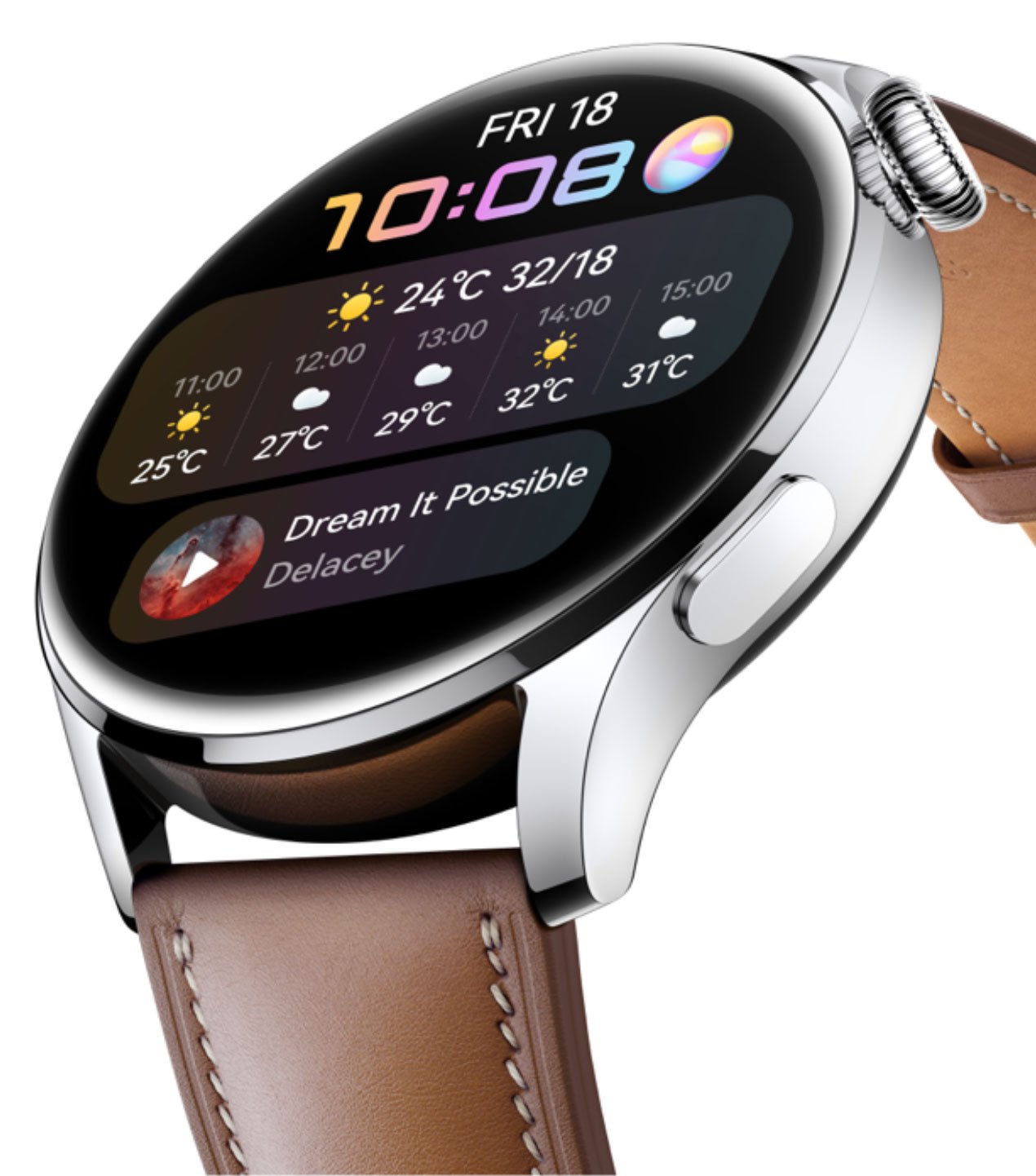
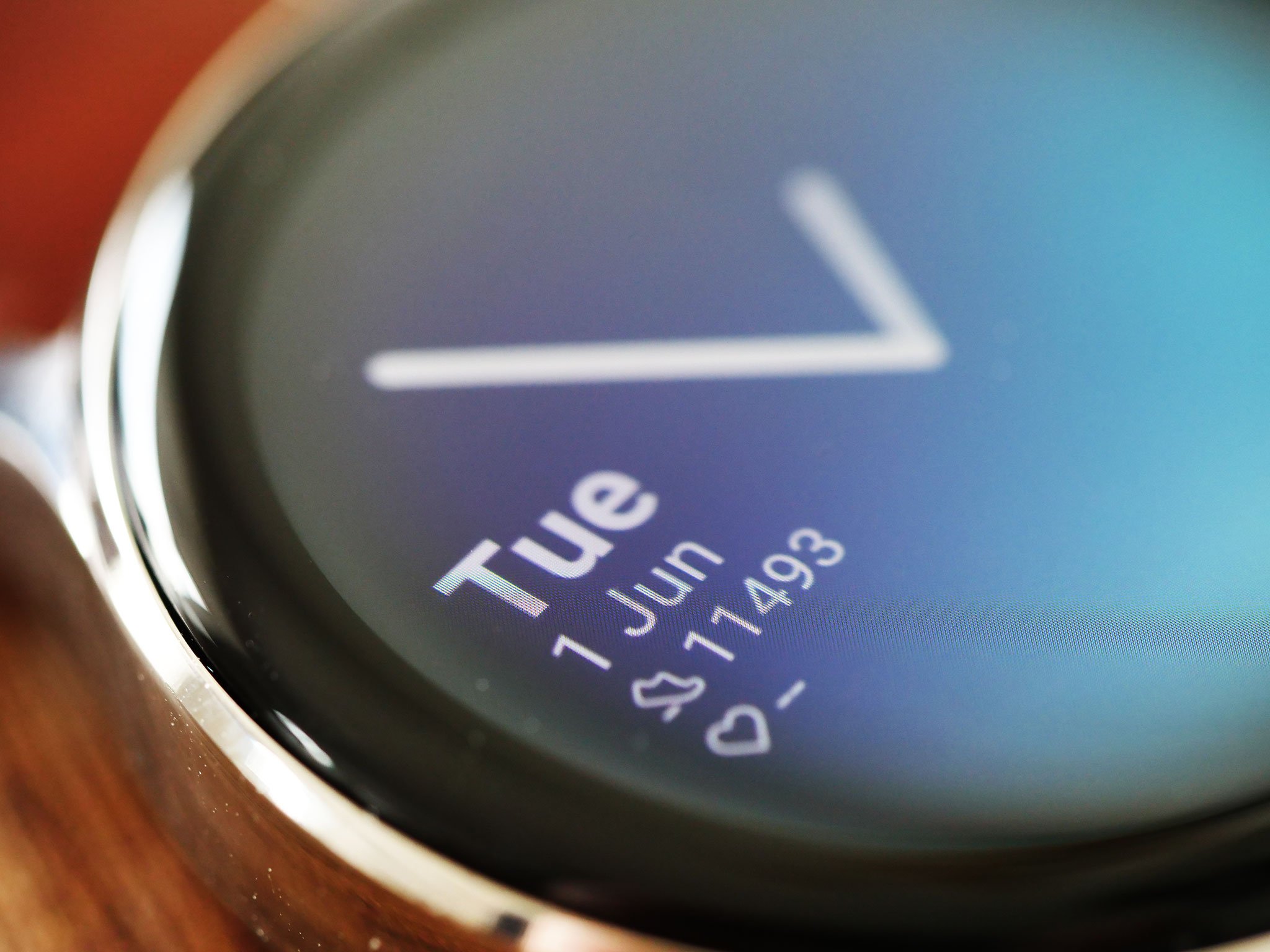
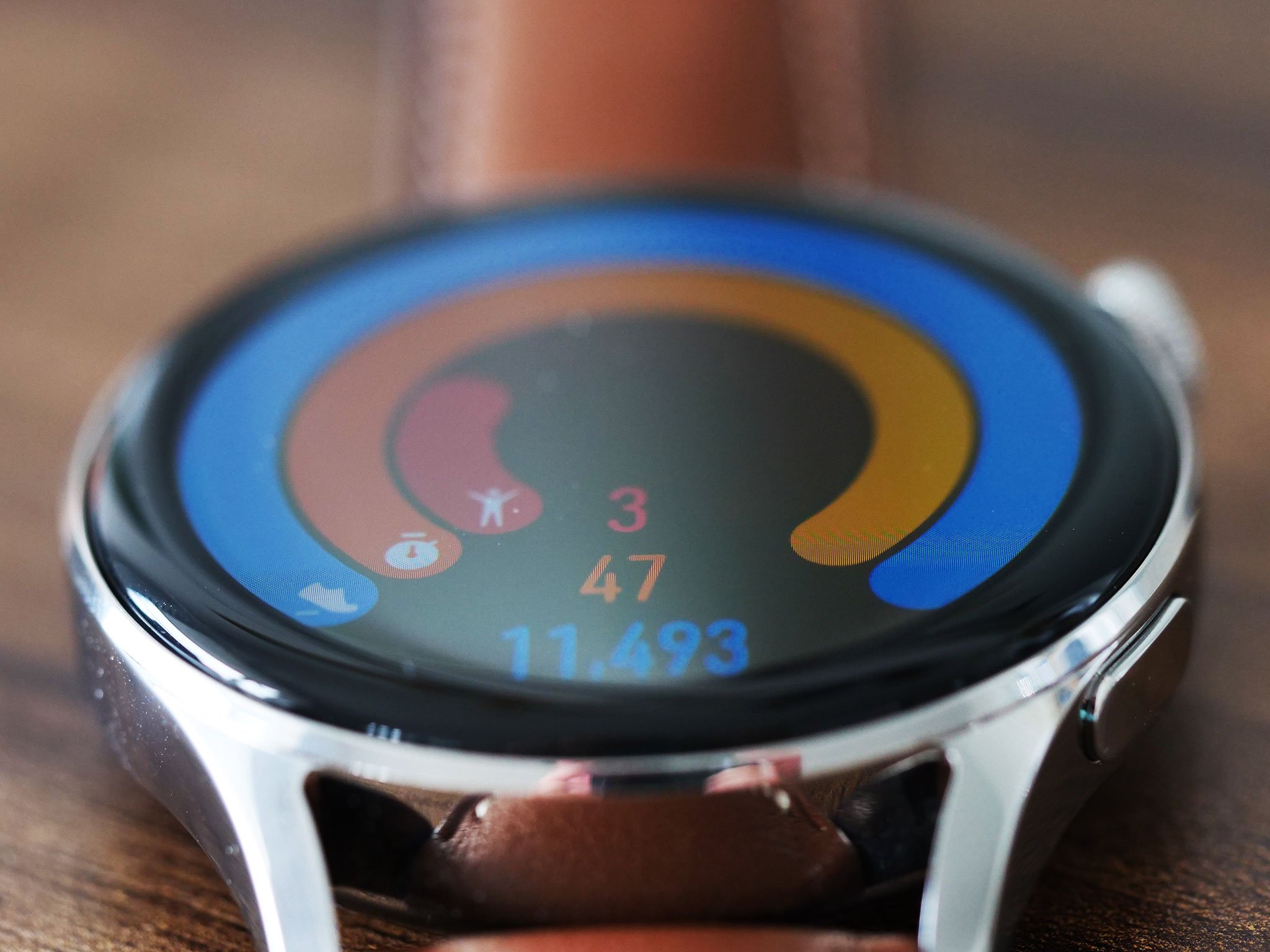
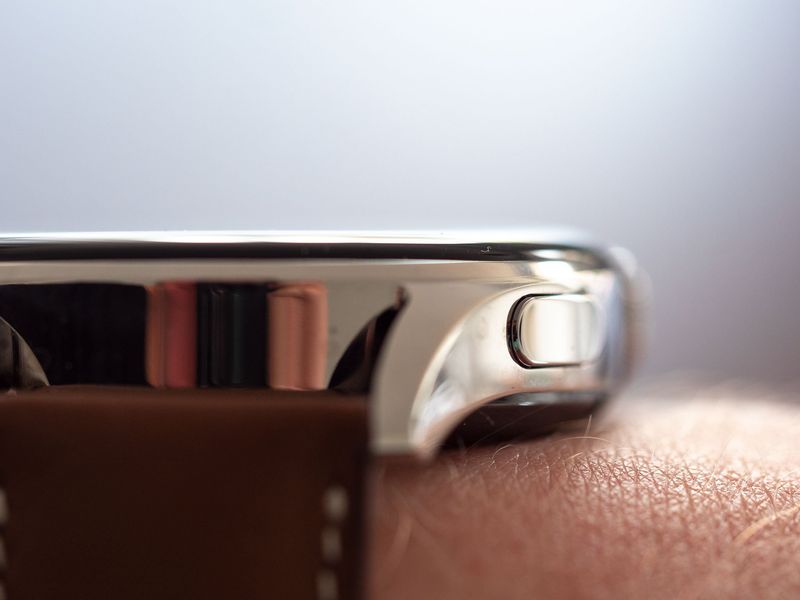
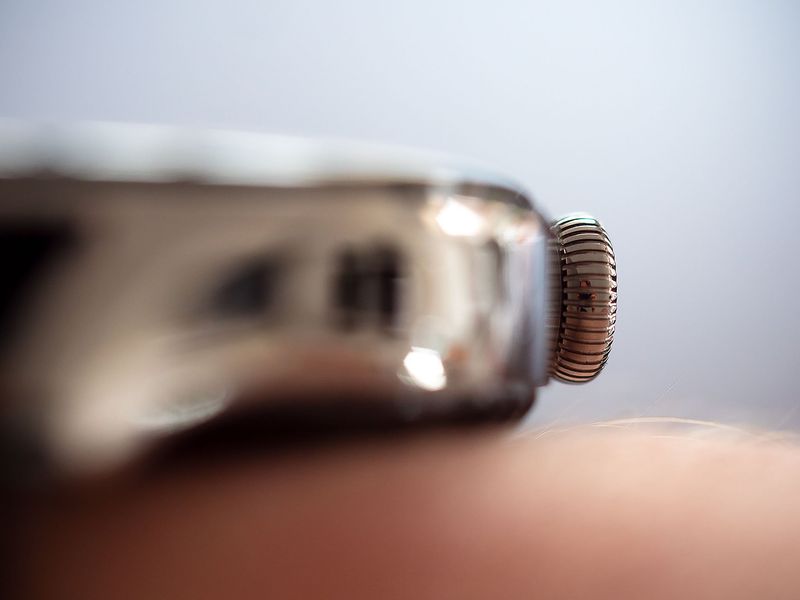
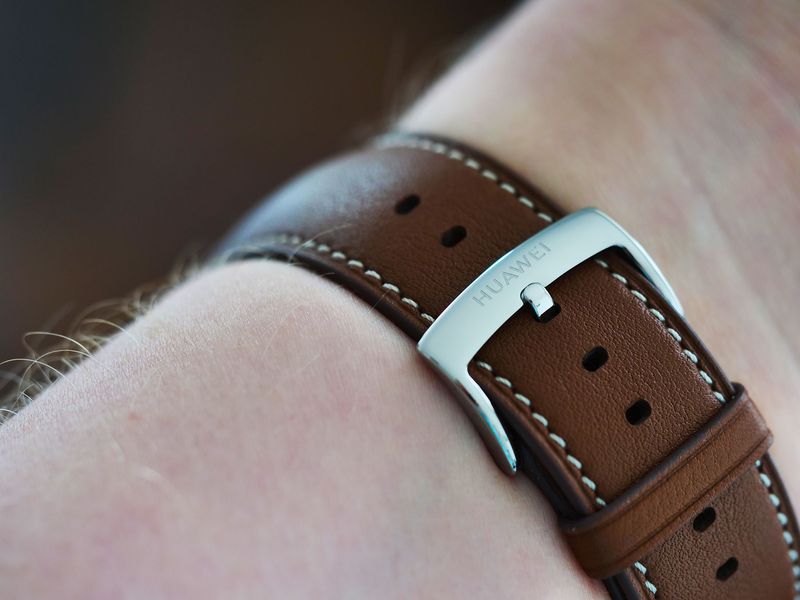
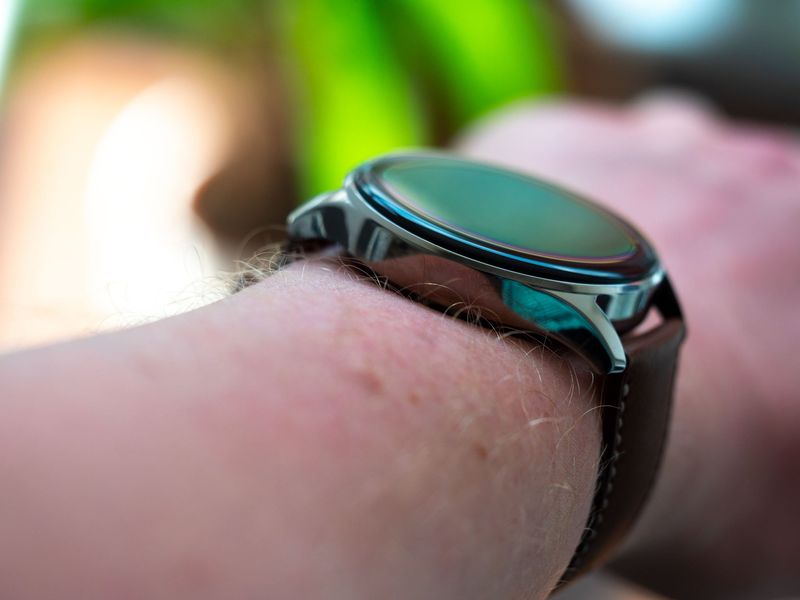
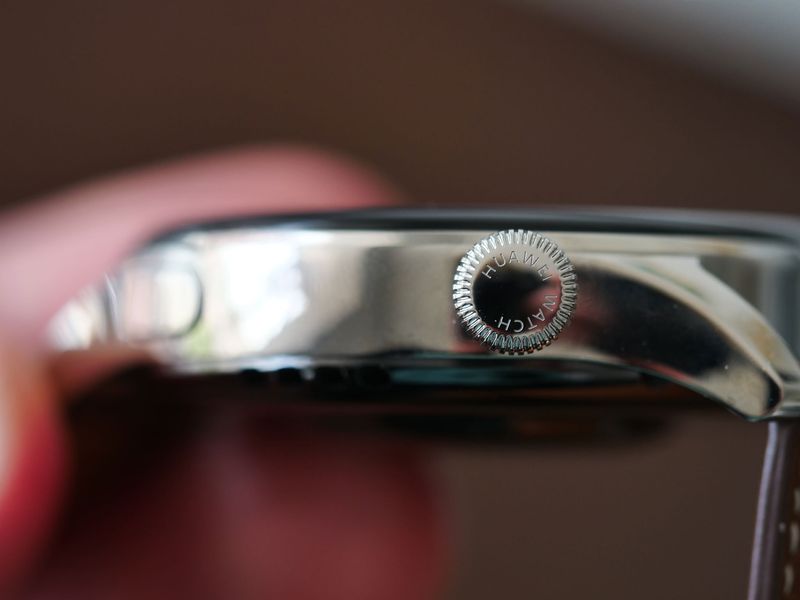
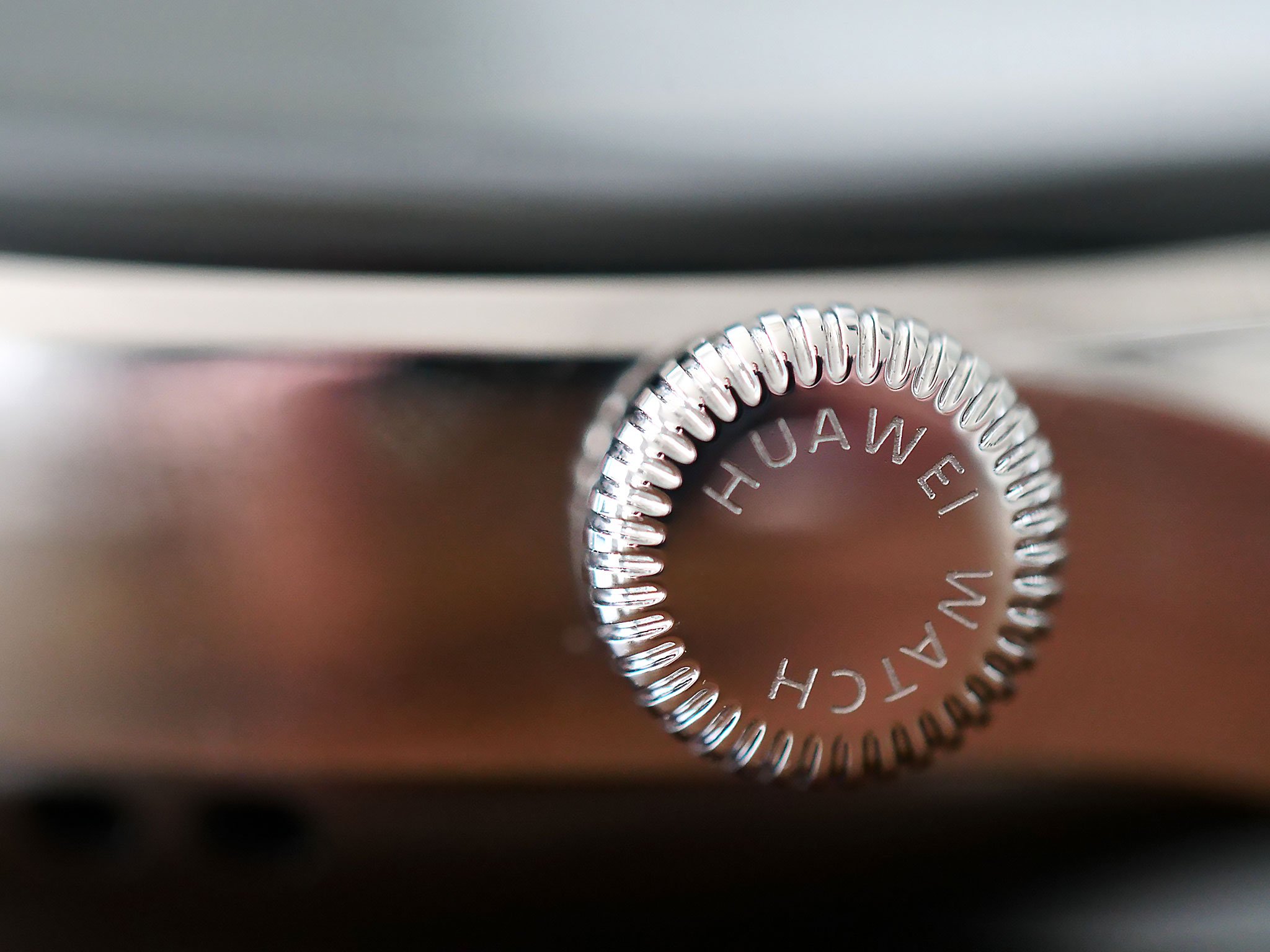
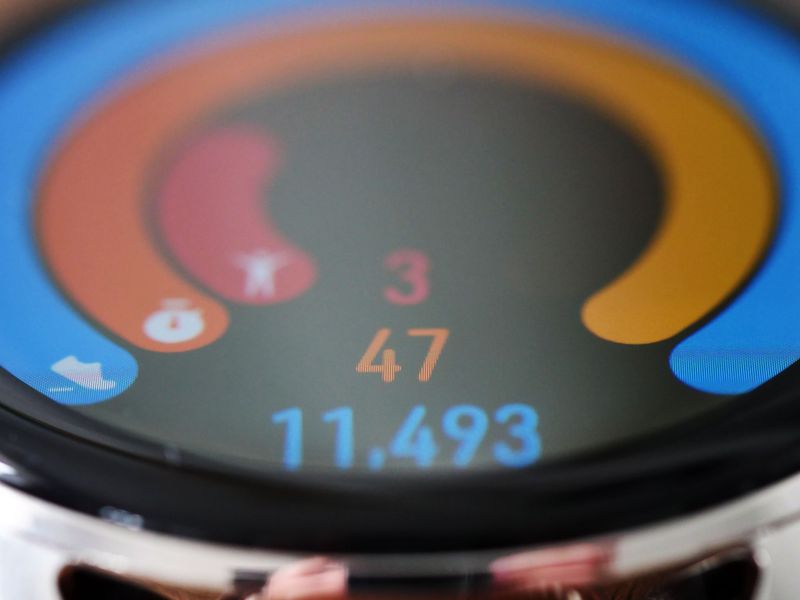
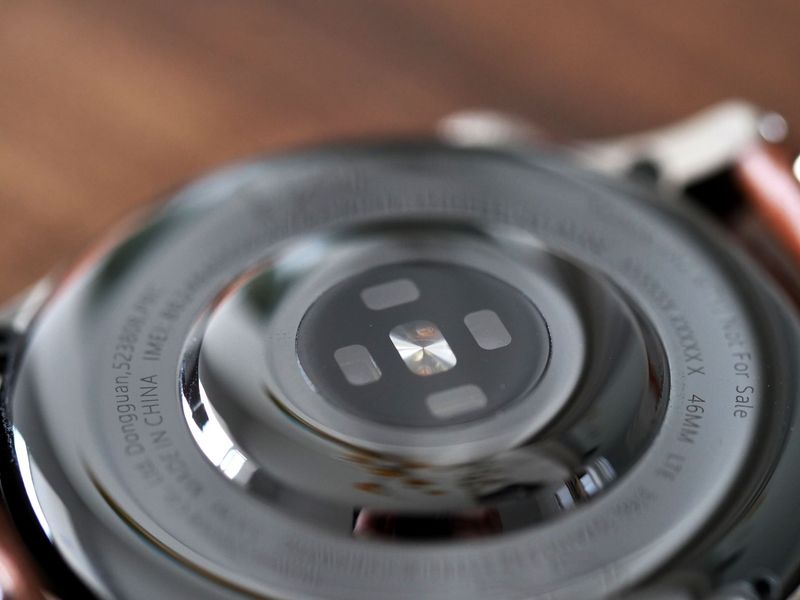
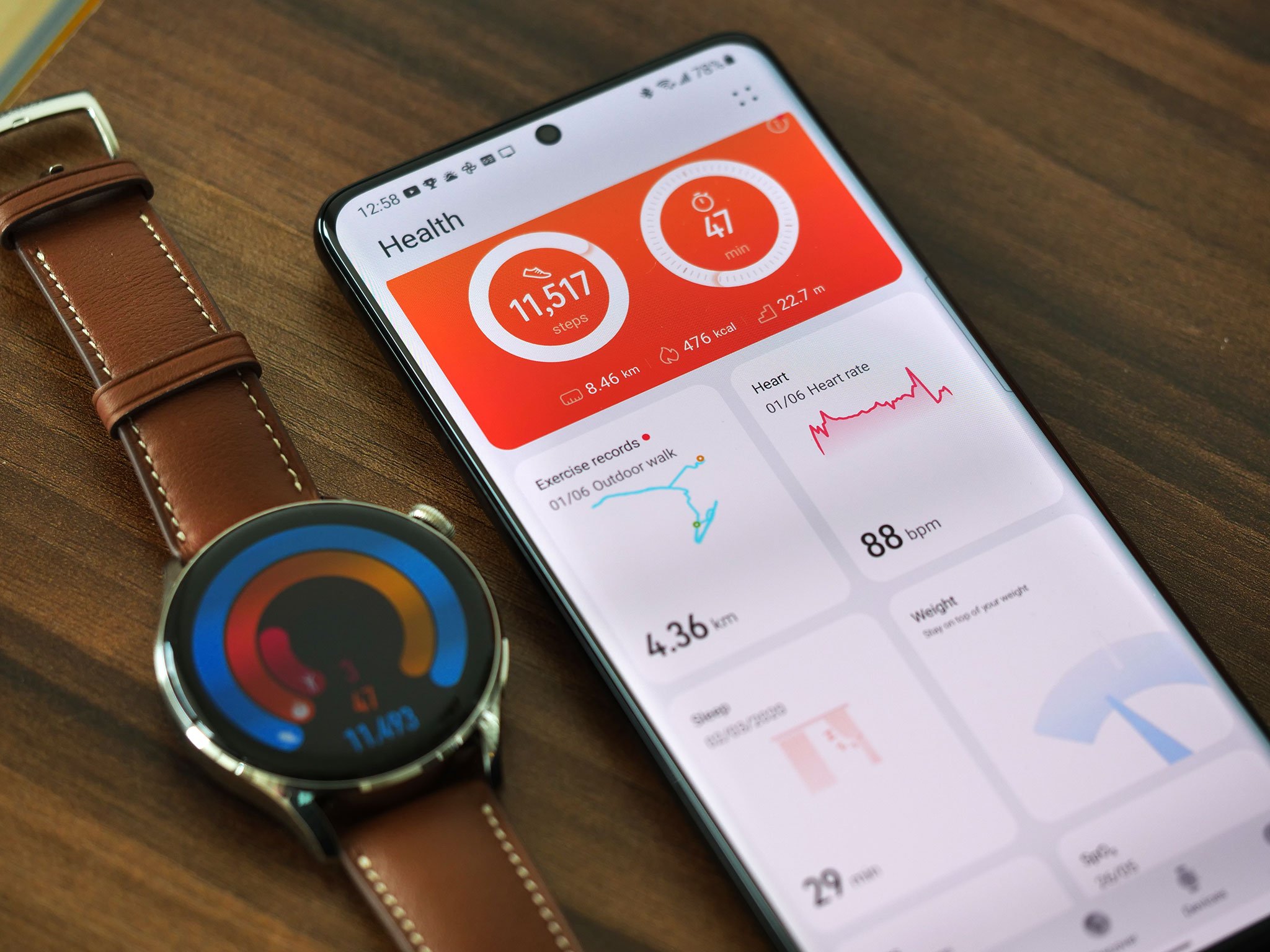
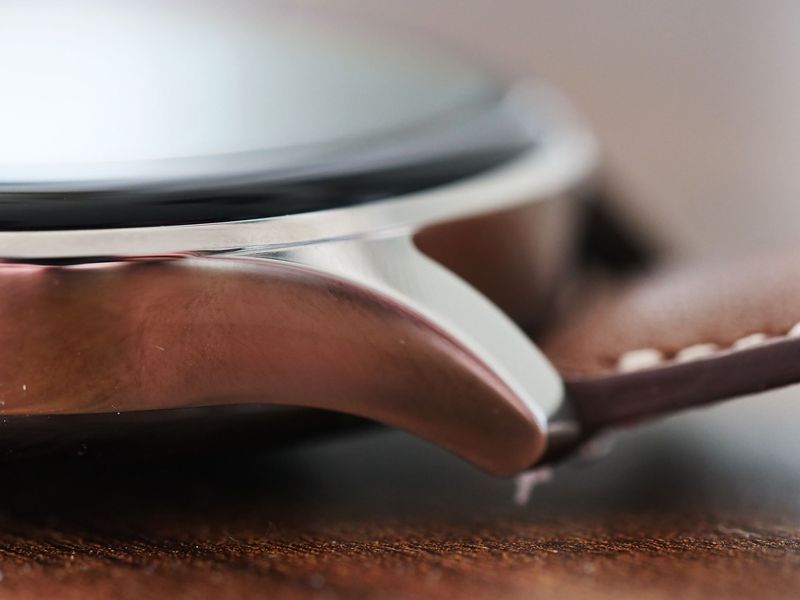
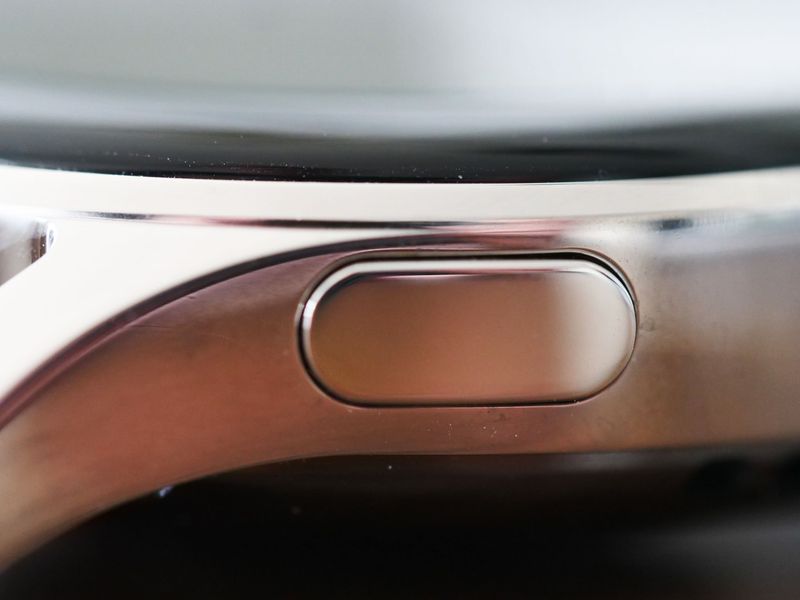
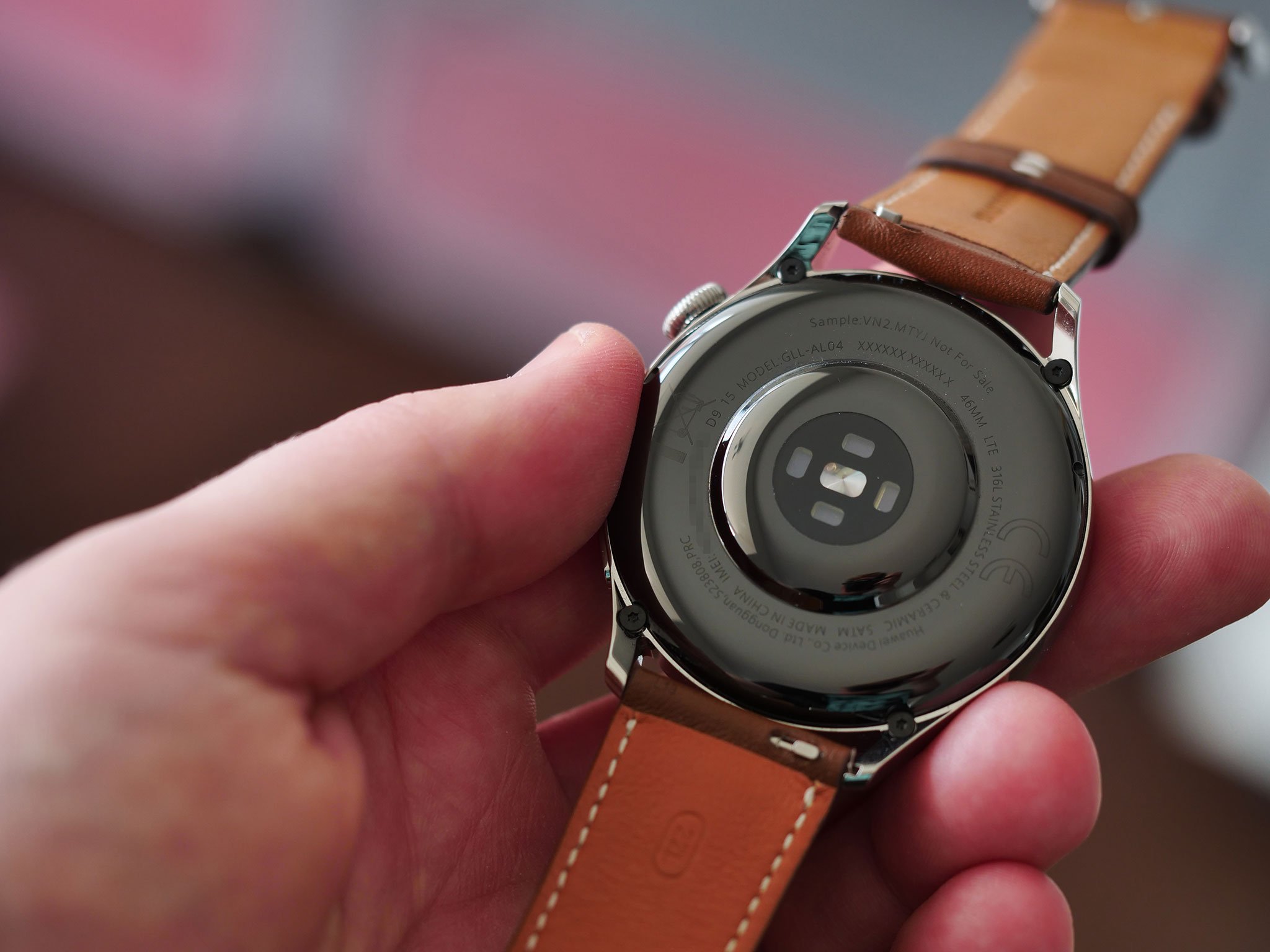
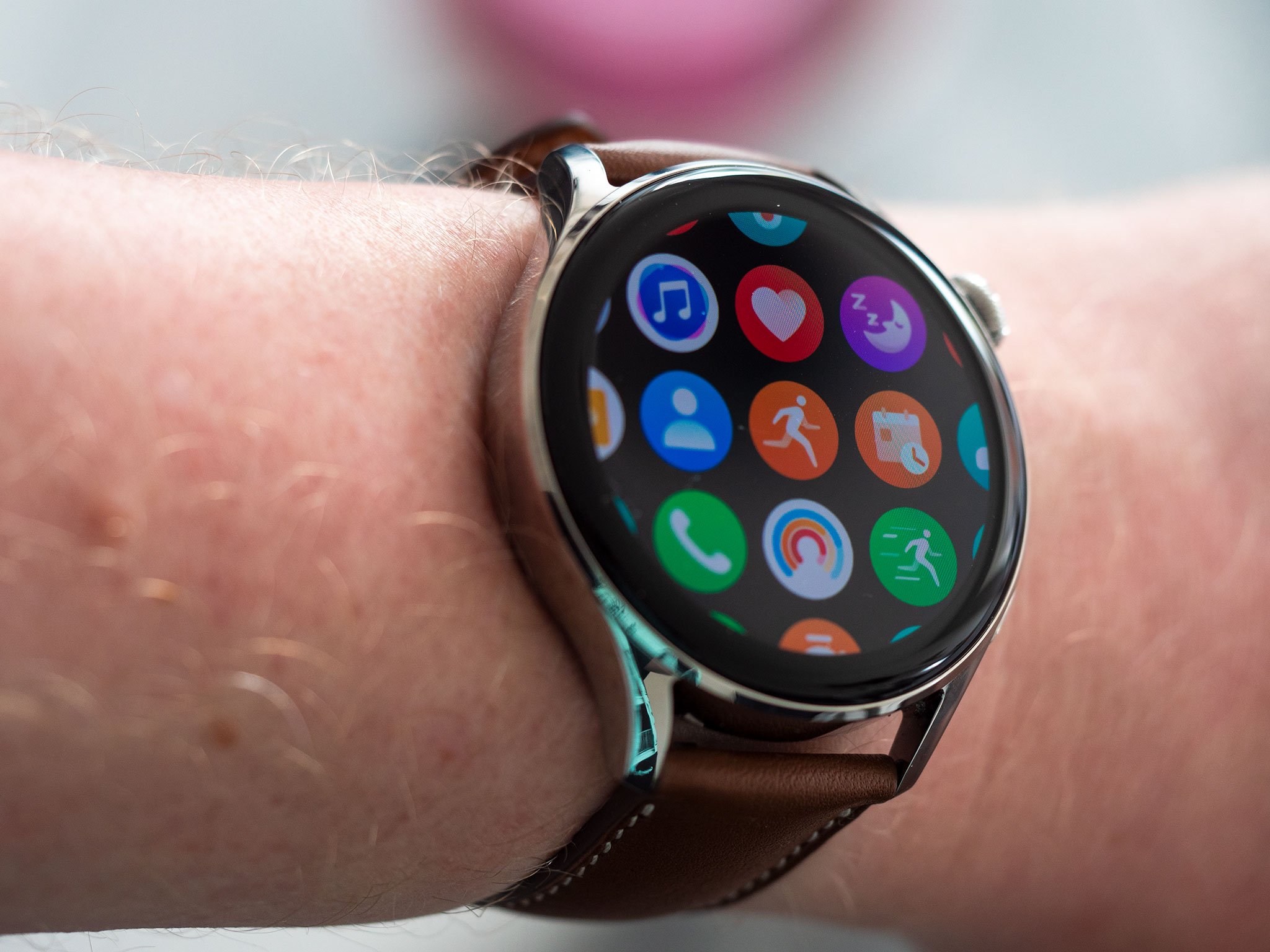
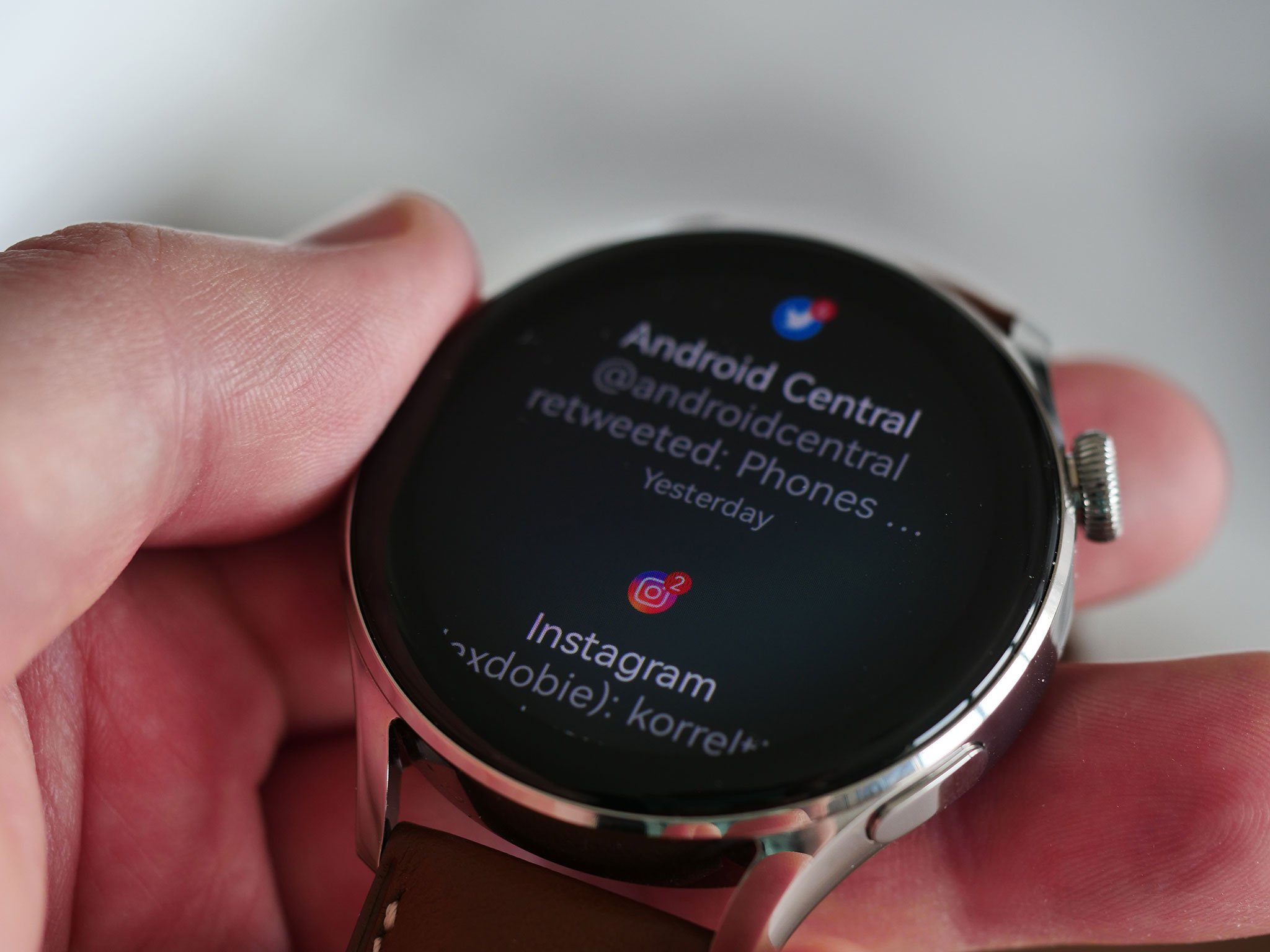
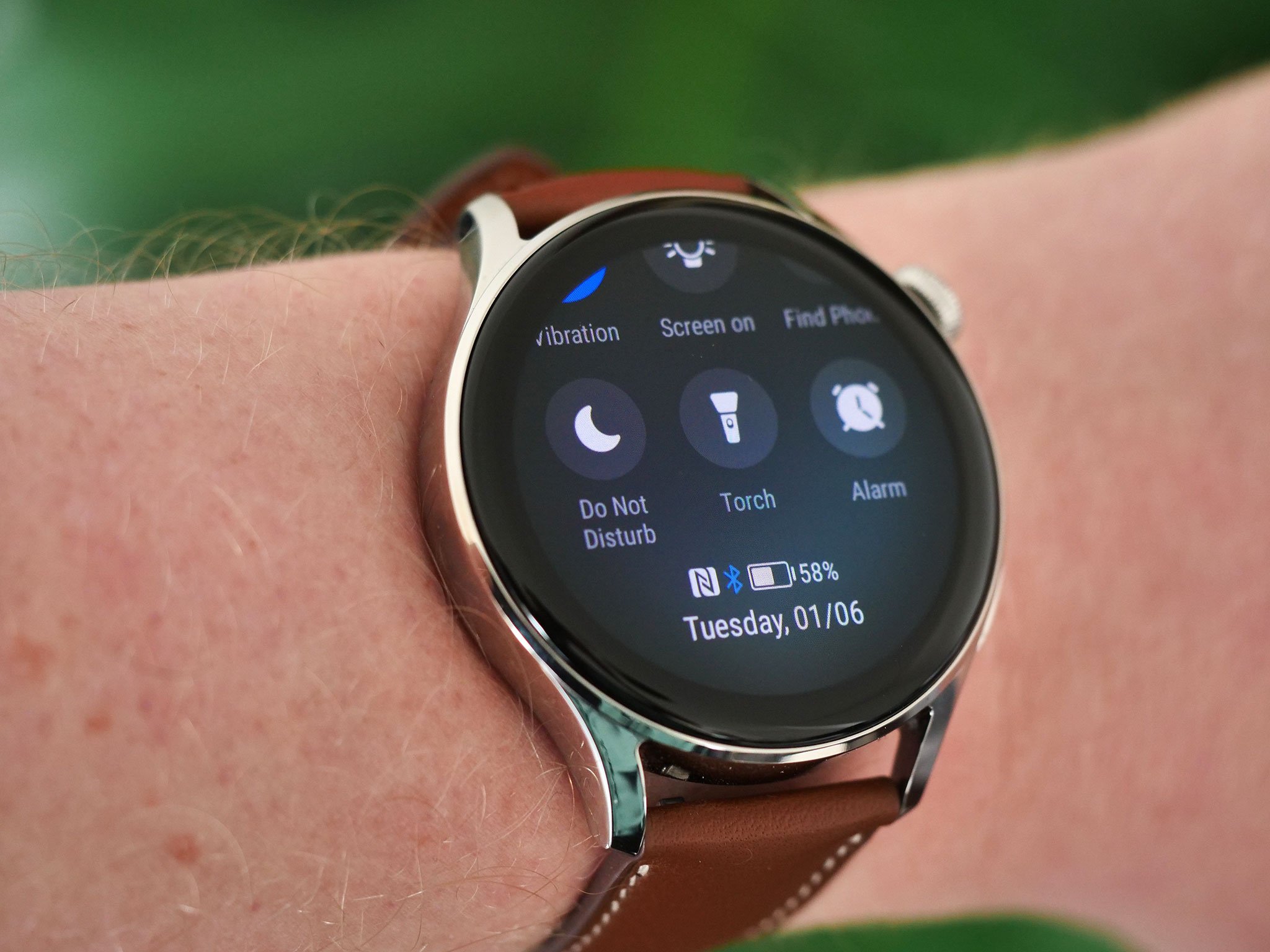
0 Response to "You Can See More: Huawei Watch 3 review: Crown prince"
Post a Comment